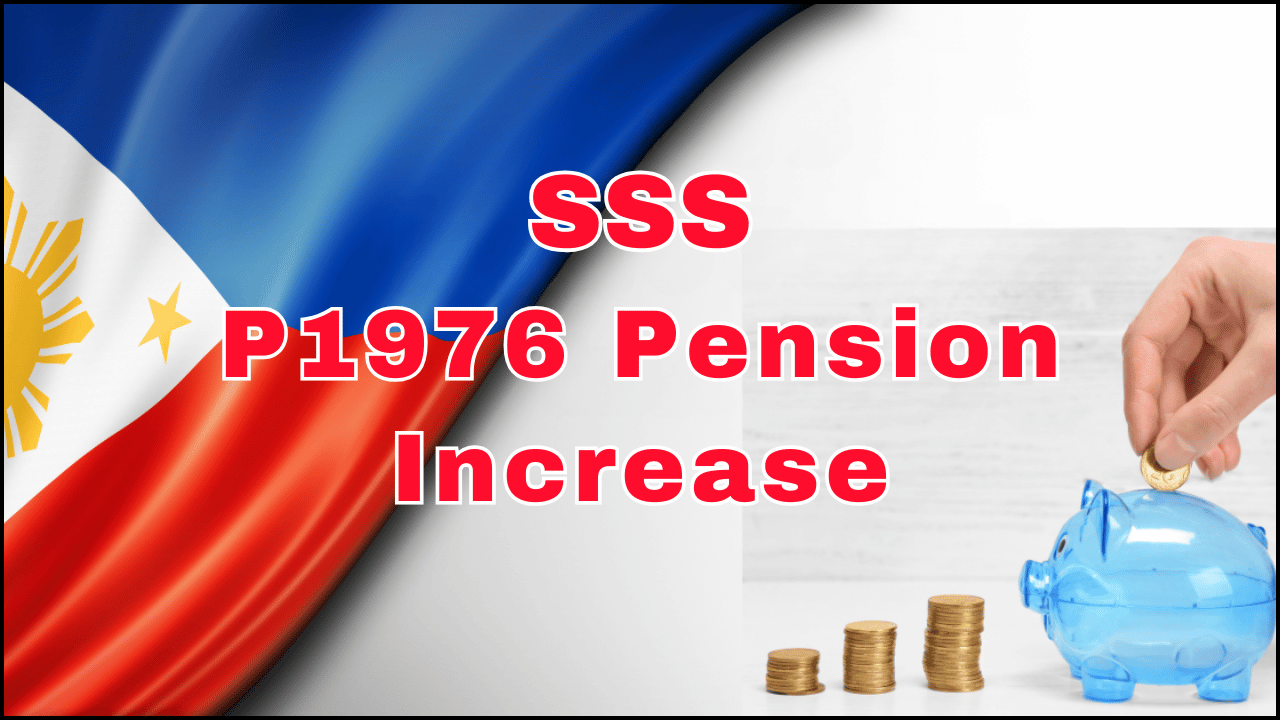
The Philippines government has established a methodical approach called the Salary Tranche system to implement pay raises for government employees. This initiative reflects the administration’s commitment to enhancing compensation for public servants, ensuring equitable pay based on experience, credentials, and job performance. This article provides essential information about the Philippine Salary Tranche, including the 2025 salary schedule, recent pay increases, and current developments.
Philippines Salary Tranche 2025 Overview
The Salary Tranche framework in the Philippines represents a phased approach designed to boost government workers’ compensation incrementally over several years. This graduated pay increase program enhances public employees’ earnings while allowing the government to maintain fiscal responsibility. These salary enhancements consider various factors, including employee performance evaluations, tenure, and assigned salary grade.
Important Resources
- View Payment Schedules
- Check Updated Payment Amounts
- Read About Payment Increases
- Review New Eligibility Standards
Through the implementation of this salary tranche mechanism, the administration ensures that every qualified government employee receives appropriate compensation adjustments according to their classification. Introduced under the Salary Standardization Law, this program will unfold across four phases, providing public sector workers with consistent and predictable wage improvements. Recent announcements highlight a substantial 23.24% salary enhancement intended to significantly improve public employees’ financial standing.
2025 Salary Schedule Details
Under the 2019 Salary Standardization Law, the Philippines government outlined a four-year compensation improvement plan beginning in 2020. This strategy aims to systematically implement salary increases, with yearly adjustments ensuring government employees receive fair compensation. Here’s the scheduled timeline from 2025 to 2027:
- First Tranche: Implementation begins April 1, 2025, marking the start of the salary increase cycle.
- Second Tranche: Scheduled to commence April 1, 2025, further enhancing government workers’ compensation.
- Third Tranche: Set to take effect April 1, 2026.
- Fourth Tranche: Planned implementation on April 1, 2027.
These sequential phases ensure compensation improvements are distributed methodically over time, helping government employees better plan their financial futures. The gradual rollout also enables the administration to maintain budgetary discipline while ensuring all sectors benefit from wage enhancements, including public services, technical specializations, agriculture, and manufacturing.
Latest Compensation Enhancements Under Philippines Salary Tranche 2025
According to Mercer’s recent analysis, the private sector is also projected to experience salary growth, with an anticipated median increase of 6.2% for 2025. This adjustment responds to factors including inflationary pressures, competition for skilled professionals, and individual performance evaluations. Within the public sector, the Salary Tranche system is expected to deliver significant compensation improvements across various government positions.
Minimum wage rates differ throughout the Philippines’ regions. For instance, the highest minimum wage—₱505.23 daily—is found in Metro Manila (National Capital Region). It’s worth noting that minimum wage differs from average salary figures, which tend to be higher, particularly in sectors with more competitive compensation structures.
The salary enhancement schedule under the Salary Tranche system includes:
- Tranche 1 (2020): Average 5% salary increase.
- Tranche 2 (2021): Wage enhancement exceeding 5%.
- Tranche 3 (2022): Average 5% salary improvement.
- Tranche 4 (2024): Final phase with average compensation increase of 23.24%.
These consistent improvements over time aim to strengthen workplace satisfaction and ensure appropriate compensation for government employees.
Philippines Salary Tranche 2025 Latest Developments
Several important updates regarding the Philippines Salary Tranche have emerged recently, particularly as the Salary Standardization Law approaches completion. Key developments for 2025 include:
- Senate Bill No. 2504: Introduced by Senator Christopher Lawrence T. Go, this legislation proposes a four-step compensation enhancement for civilian government workers. This initiative emphasizes the importance of regular salary reviews to retain qualified professionals, minimize corruption risks, and ensure fair compensation for public servants.
- DBM Compensation Assessment: The Department of Budget and Management recently conducted a comprehensive evaluation of salary adjustments, examining potential benefits and allowances across different sectors. This research helps the administration analyze existing compensation structures and make informed decisions about future adjustments. The study also influences how the government balances salary increases against budgetary limitations.
These developments indicate the administration’s ongoing commitment to improving compensation packages for its workforce, ensuring the salary tranche system remains equitable and sustainable.
Economic and Governmental Effects of the Salary Tranche Program
The Salary Tranche system significantly impacts both government employees and the broader Philippine economy. Improved compensation benefits public servants by enhancing their financial stability and quality of life. These salary adjustments also help:
- Reduce Corruption: Competitive compensation reduces incentives for government employees to engage in improper practices, as they’re less likely to seek unauthorized income sources.
- Enhance Workforce Morale: Regular salary increases improve job satisfaction and motivation, leading to better performance and productivity.
- Combat Poverty: Higher wages help reduce economic hardship by providing workers with improved compensation to meet essential needs like housing, nutrition, and healthcare.
- Counter Inflation: As living costs rise, salary adjustments help offset inflationary effects, allowing workers to maintain purchasing power.
- Drive Economic Growth: Enhanced wages lead to increased consumer spending, generating demand for products and services. This demand stimulates broader economic activity across various sectors.
Through the Salary Tranche implementation, the administration addresses its employees’ financial needs while contributing to larger economic sustainability goals.
Staying Informed About Future Changes
To remain updated on the latest information regarding the Philippines Salary Tranche, readers should regularly check official government websites and reliable news sources. Staying informed helps government employees plan finances, understand new legislation, and maximize the benefits of salary increases.
With the Philippines Salary Tranche system in place, government workers can anticipate a more structured and improved compensation framework, securing a stronger financial future for themselves and their families.



